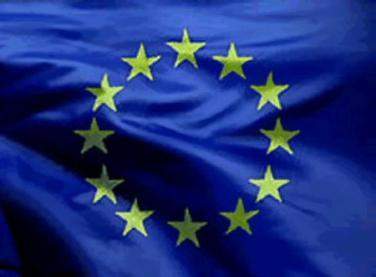The European Union pointed out that “gas supplies from Russia are half as much as a year ago,” explaining that “it is necessary to carry out work to provide gas, because there is a shortage of supply on the market.” He stressed that “the countries of the Union will discuss ways to reduce dependence on gas as one of the energy sources.”
And US Treasury Secretary Janet Yellen has previously indicated that “the United States is in talks with Canada and other allies around the world to reduce Moscow’s energy revenues by imposing (a price ceiling on) Russian oil without indirectly impacting the underprivileged.” countries.
Yellen indicated in a press statement in Toronto, Canada that “we are talking about a price cap or price exclusion that will increase and intensify the recent energy restrictions proposed by Europe, the United States, the UK and others”, explaining that “this will lead to lower prices for Russian oil and reduce Moscow’s revenues, while allowing more oil to enter the global market.”
The French Presidency (Elysée) returned yesterday and said on the sidelines of the G-7 summit in Germany that Paris “has no objection in principle to the American proposal to set a ceiling on oil prices”, and explained: “But what will be stronger for us is setting a maximum price for oil from all producing countries. The goal is to contain the rise in prices caused by the war in Ukraine.
Source: El Nashra
